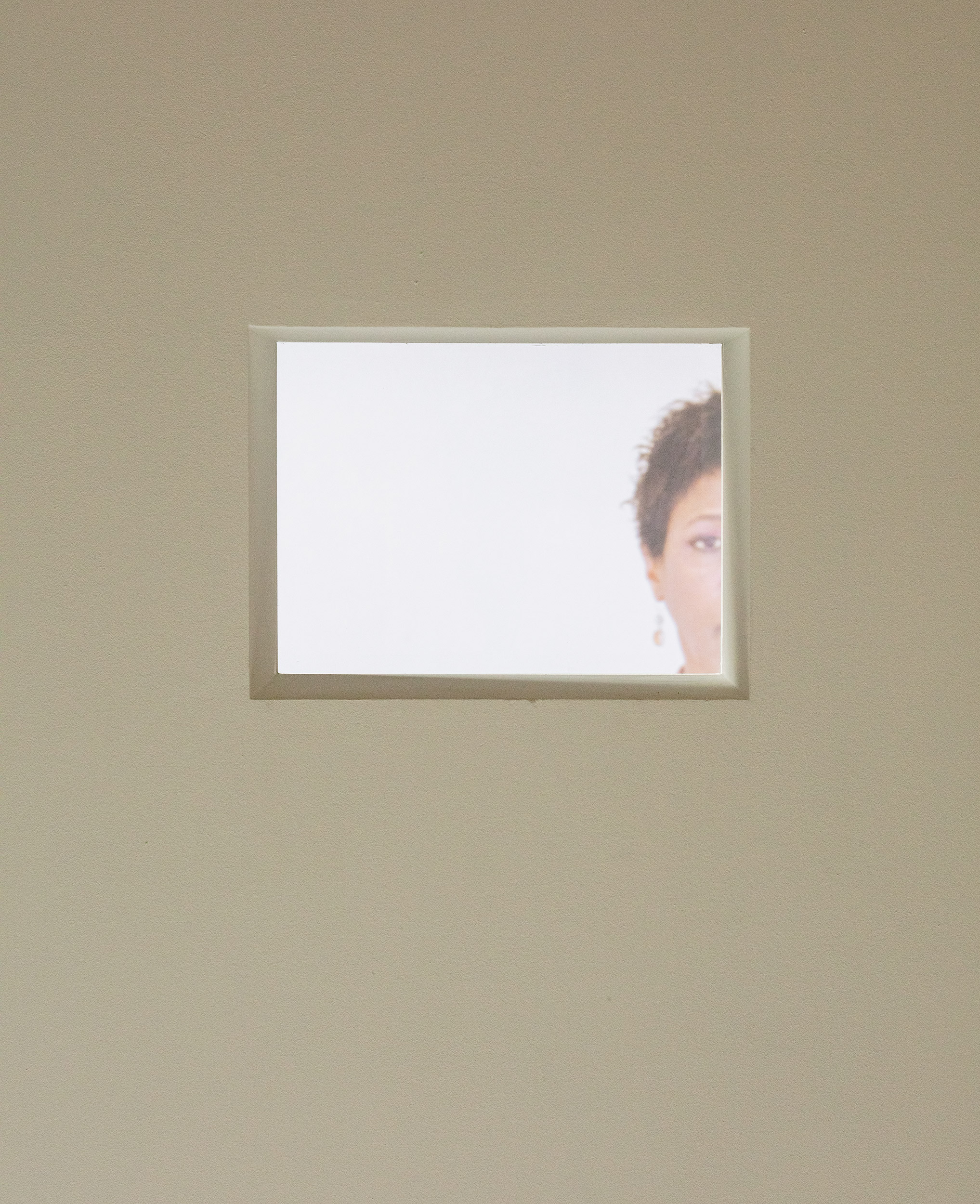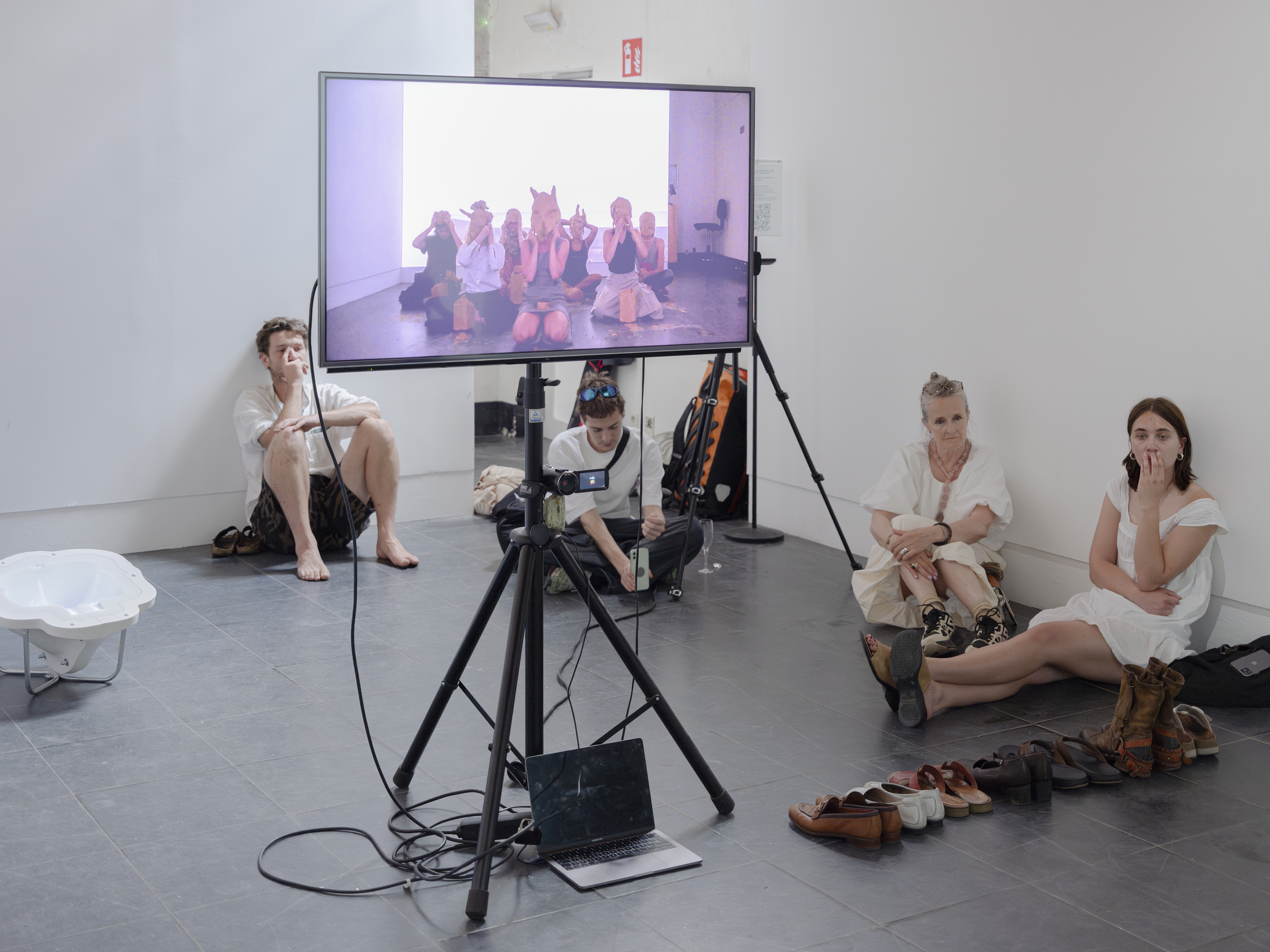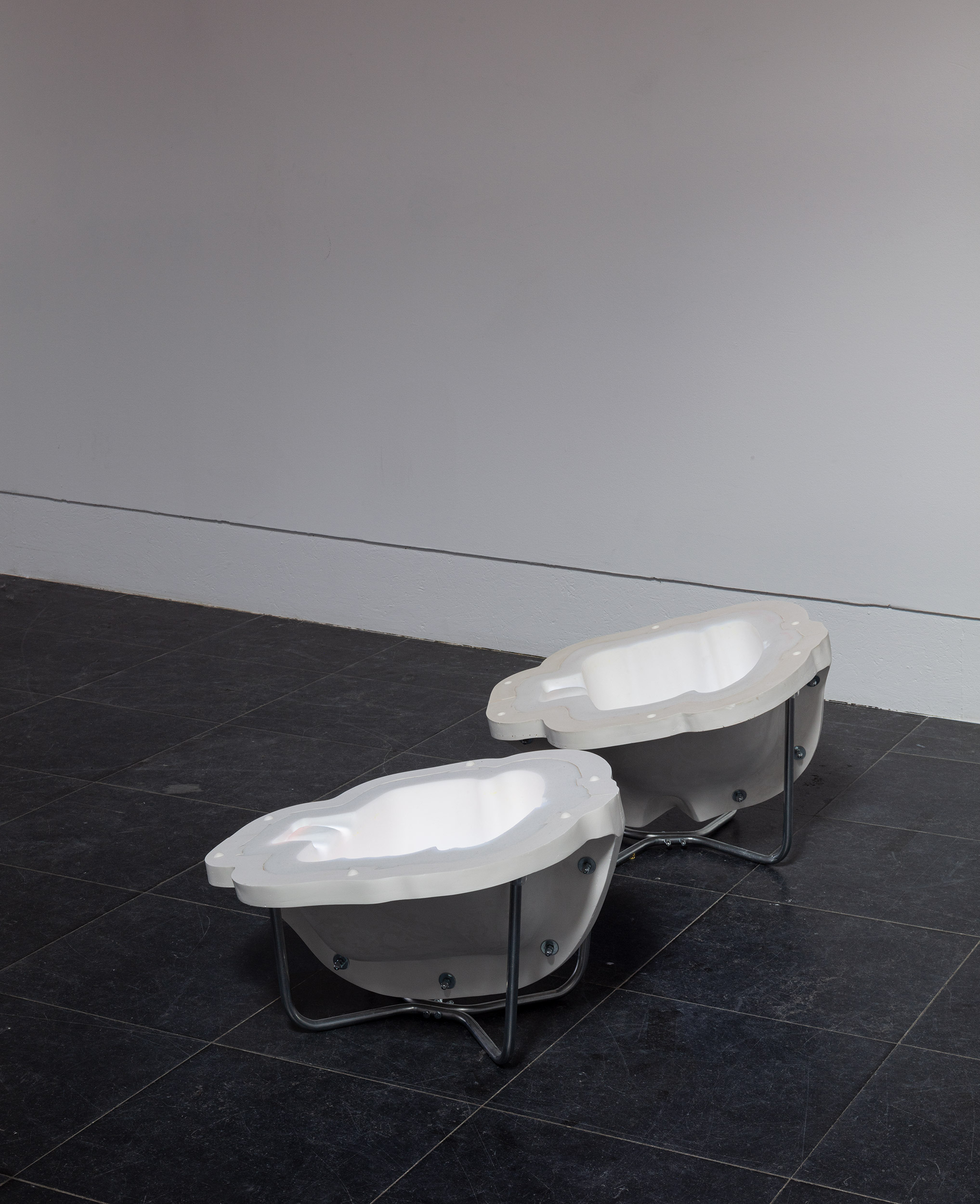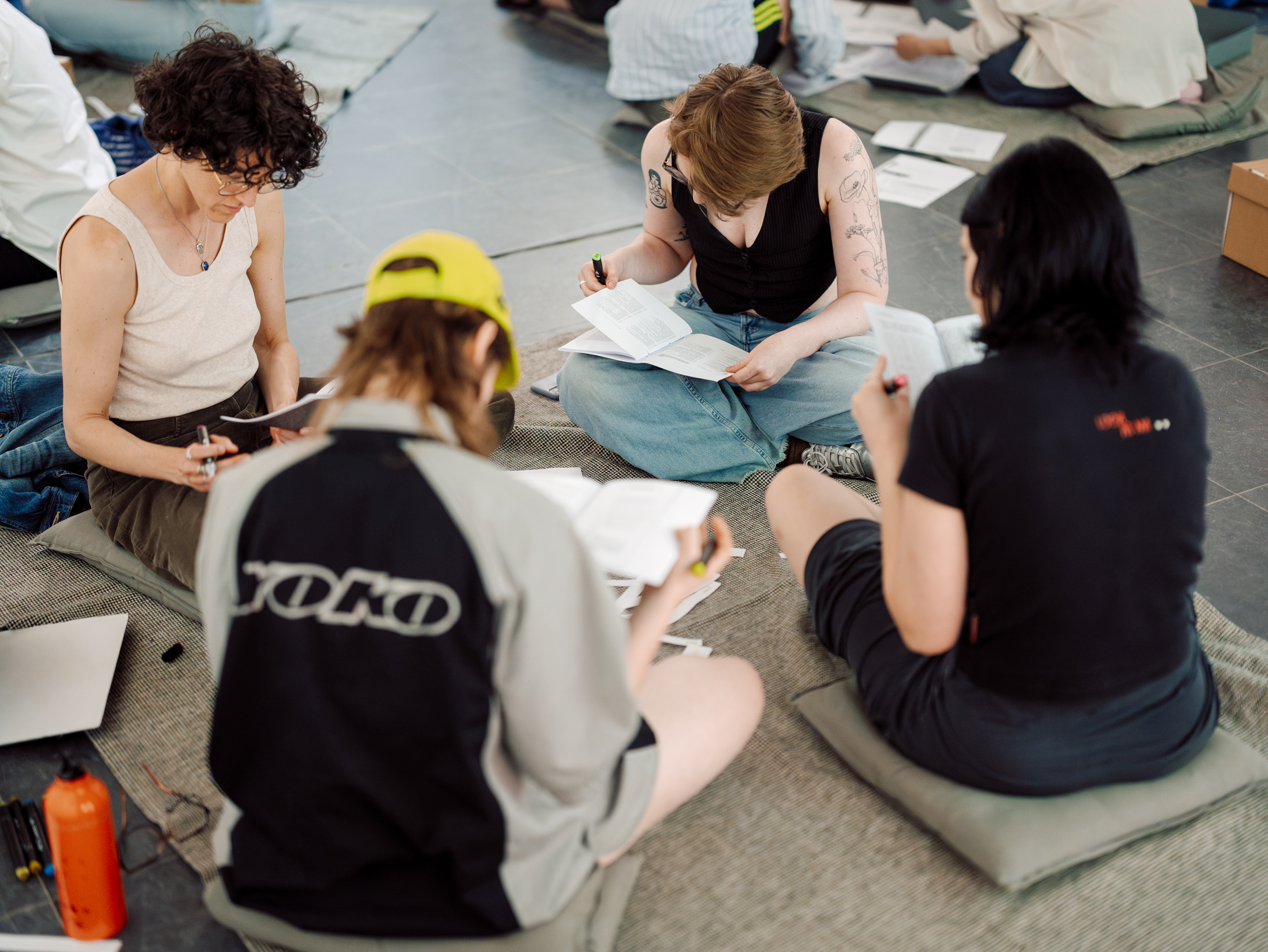For Some Time I’ve Been Standing
Curated together with Bethan Burnside, Daphné Charitos, Tuta Chkheidze, Maartje Claes, Gustav-Adam Dendooven, Hanna Julia Erdosi, Abel Hartooni, Emilia Naomi Keller, Yasemin Köker, Temitayo Olalekan, Miranda Pastor, Arthur Saint Remy, Marie Cathérine Stalpaert, Nina Turina, Flora Vanclooster & Jean Watt
For Some Time I’ve Been Standing is an exhibition curated by Curatorial Studies 2024-2025 participants that takes place at the Old House at Kunsthal Gent. Bringing together works by Chupan Atashi, Manon de Boer, Michael Kleine, Brigitte Louter, a workshop by Emma Ydiers and a performance by Astrid Specht Seeberg, the exhibition sets out to trace gestures of rehearsal, repetition, and return, exploring what it means to pause, to stand still, or to remain in motion.


By entering into dialogue with the fresco on the back wall of the Old House, the artworks reiterate its significance as a palimpsest— responding to, echoing and reimagining it. Immediately drawing the gaze, the fresco tends to direct a body’s movement in the space. Between the other white walls, it attracts the eye, inviting it to wander over its worn, bodily surface, to follow the contours of the gaps and cracks, to glide over the smooth areas and to acknowledge its most vulnerable parts.


The exhibition takes its title from a passage in Kathy Acker’s 1993 novel My Mother: Demonology, “For some time I’ve been standing, in front of a white stucco wall, on a white road that is raised above all the surroundings and the dirt underneath, as though it’s a platform. All around me are masses of luggage, suitcases and bags”. Integral to Acker’s writing is the process of rewriting and reinterpreting, often plagiarising other sources as her own. This reflects the impetus of the exhibition to enter into conversation with the fresco on the back wall of the Old House, reiterating its significance as a palimpsest with artworks that respond, echo, and reimagine.


The public program consists of a workshop by Emma Ydiers by the name of ‘Relating to Lesbian Archives’, which reflects on the ongoing erasure of queer narratives and the potential of archiving as an activist method; and a performance by Astrid Specht Seeberg by the name of ‘Clayplay’, which was developed through a series of performances in various environments. Under the guidance of the artist, a group of participants from the audience gradually builds clay masks in a blind improvisation, struggling with the tangible weight of the material.


The exhibition is realised in a collaboration between Curatorial Studies KASK and Kunsthal Gent as part of the graduation project within the professionalization trajectory.
Photography credits go to Michiel De Cleene, Isaac Ponseele & Lukas Neve